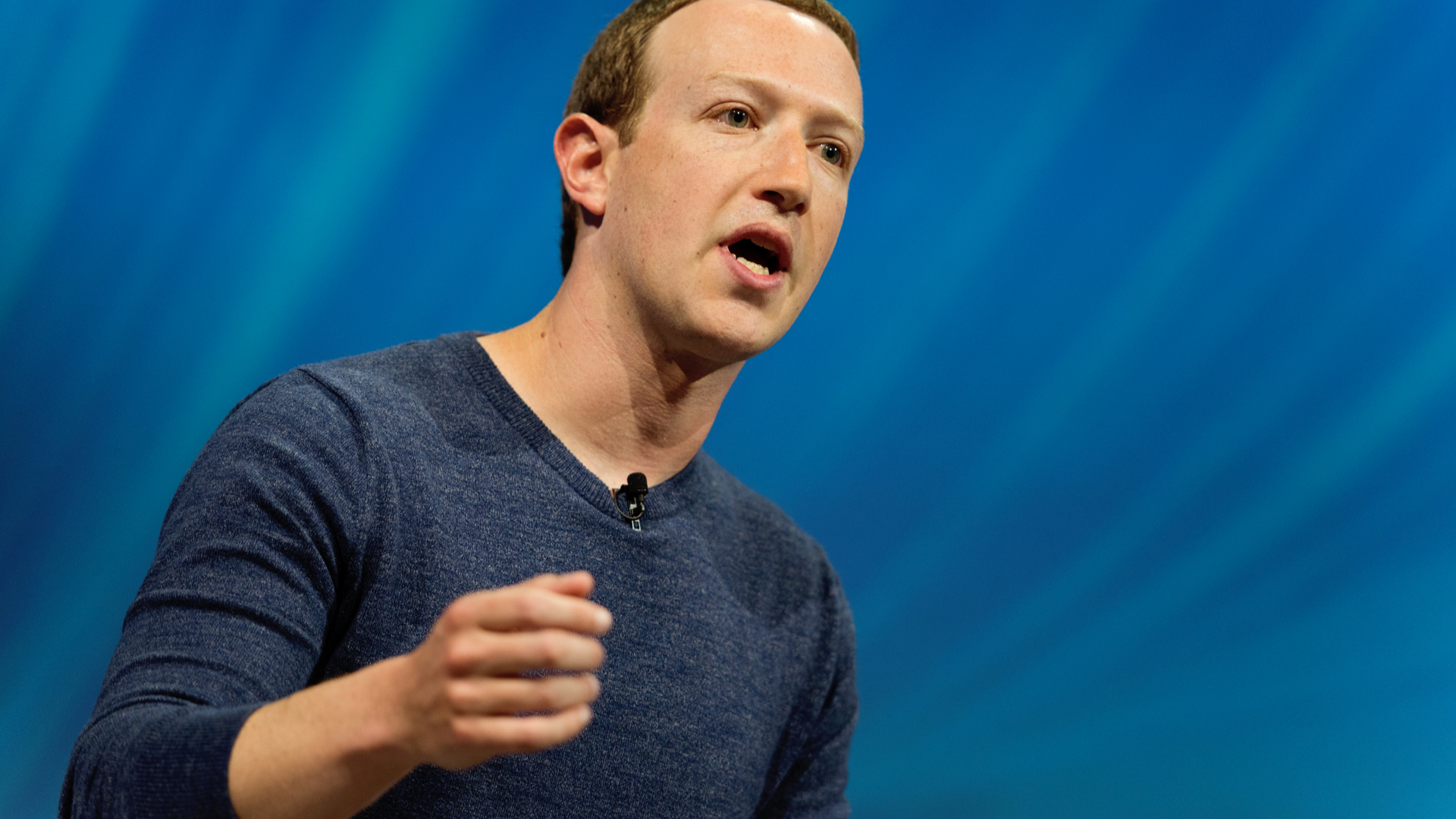Facebook will ban new political ads leading up to the presidential election
No new ads will be approved the week before the election

Today, Facebook announced it’ll tighten the clamps down on all political ads the week leading up to the election on Nov. 3. It’ll also forbid other election-related posts moving forward.
In an effort to maintain the integrity of the election, Mark Zuckerberg announced that starting on Oct. 27 — exactly one week before the presidential election — Facebook will stop allowing all new political ads. According to Zuckerberg’s post, the ban is because Facebook may not have “enough time to contest new claims.”
Facebook will, however, allow existing approved ads to run, but nothing new will be approved in that last week.
On top of this limitation, Facebook will also limit COVID-19 claims as they relate to the election. First, it’ll delete any posts that claim you will catch COVID-19 by participating in in-person voting. Second, any post that uses COVID-19 as a deterrent for voting will have a link to authoritative information on COVID-19 attached to it.
Facebook will also attach an “informative label” on any post that attempts to delegitimize the outcome of the election. It’ll do the same to any posts that discuss the legitimacy of various voting methods, like claiming one type of voting is more prone to fraud.
Finally, if either candidate declares they won before the election is final, Facebook will add a label that links back to the official results from Reuters and the National Election Pool.
Why all these changes just two months ahead of the election? According to Zuckerberg, “This election is not going to be business as usual. We all have a responsibility to protect our democracy. That means helping people register and vote, clearing up confusion about how this election will work, and taking steps to reduce the chances of violence and unrest.”
Get the ITPro daily newsletter
Sign up today and you will receive a free copy of our Future Focus 2025 report - the leading guidance on AI, cybersecurity and other IT challenges as per 700+ senior executives
-
 Should AI PCs be part of your next hardware refresh?
Should AI PCs be part of your next hardware refresh?AI PCs are fast becoming a business staple and a surefire way to future-proof your business
By Bobby Hellard
-
 Westcon-Comstor and Vectra AI launch brace of new channel initiatives
Westcon-Comstor and Vectra AI launch brace of new channel initiativesNews Westcon-Comstor and Vectra AI have announced the launch of two new channel growth initiatives focused on the managed security service provider (MSSP) space and AWS Marketplace.
By Daniel Todd
-
 Meta to pay $725 million in Cambridge Analytica lawsuit settlement
Meta to pay $725 million in Cambridge Analytica lawsuit settlementNews The settlement closes the long-running lawsuit into how Facebook's owner, Meta, handled the Cambridge Analytica scandal
By Ross Kelly
-
 Meta's earnings are 'cause for concern' and 2023 looks even bleaker
Meta's earnings are 'cause for concern' and 2023 looks even bleakerAnalysis Calls for investor faith in metaverse tech only emphasise the worries that its investment strategy won't pay off
By Rory Bathgate
-
 Microsoft and Meta announce integration deal between Teams and Workplace
Microsoft and Meta announce integration deal between Teams and WorkplaceNews Features from both business collaboration platforms will be available to users without having to switch apps
By Connor Jones
-
 Facebook is shutting down its controversial facial recognition system
Facebook is shutting down its controversial facial recognition systemNews The move will see more than a billion facial templates removed from Facebook's records amid a push for more private applications of the technology
By Connor Jones
-
 'Changing name to Meat': Industry reacts to Facebook's Meta rebrand
'Changing name to Meat': Industry reacts to Facebook's Meta rebrandNews The rebrand attempts to provide a clearer distinction between Facebook and its umbrella company
By Connor Jones
-
 Facebook's Oversight Board demands more transparency
Facebook's Oversight Board demands more transparencyNews Board bashed the social media giant for its preferential treatment of certain high-profile accounts
By Danny Bradbury
-
 Facebook claims AI managed to reduce hate speech by 50%
Facebook claims AI managed to reduce hate speech by 50%News The social media platform has hit back at claims the tech it uses to fight hate speech is inadequate
By Sabina Weston
-
 Facebook to hire 10,000 workers across the EU
Facebook to hire 10,000 workers across the EUNews The high-skilled jobs drive is a “vote of confidence” in the European tech industry
By Jane McCallion